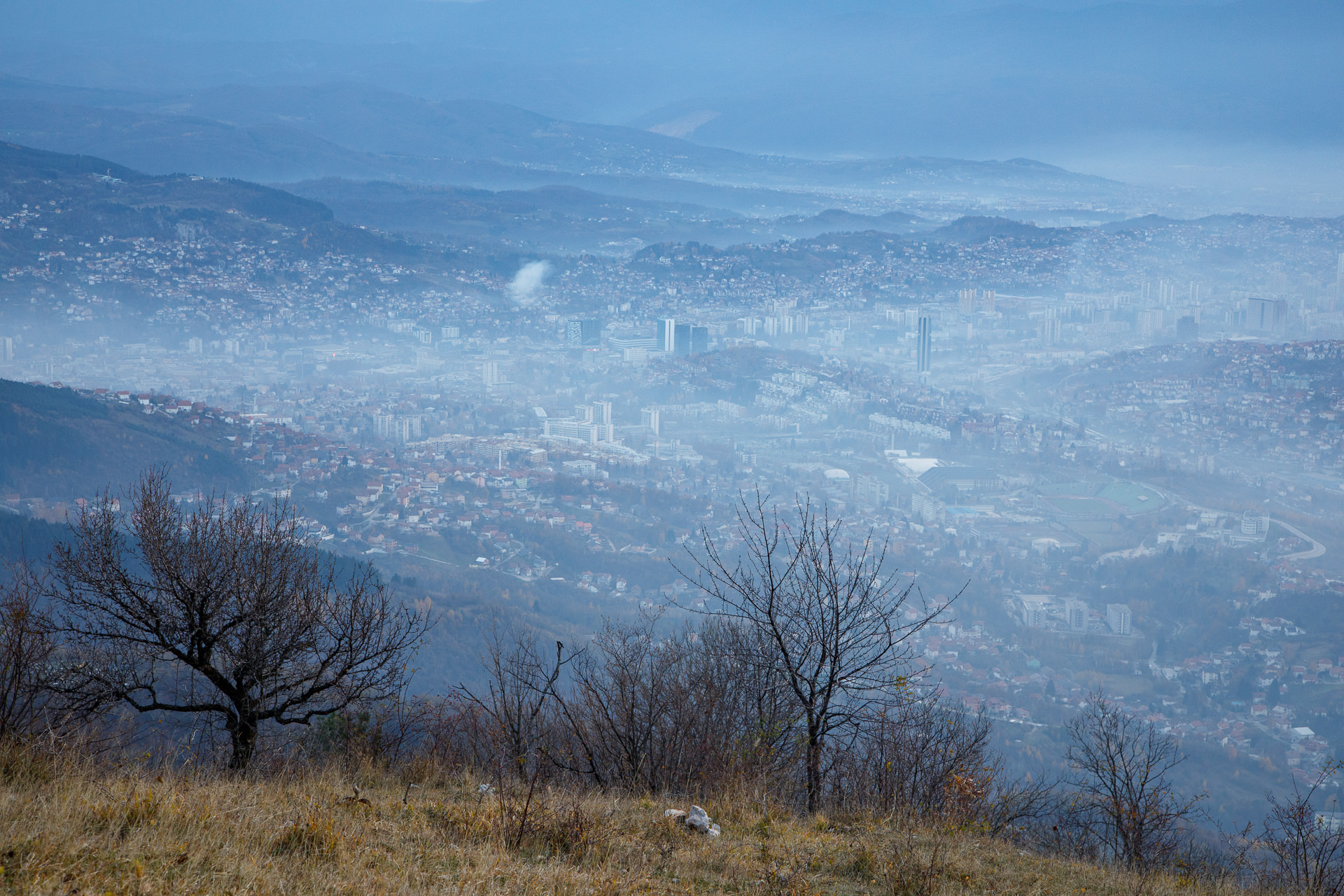Air pollution in Bosnia and Herzegovina: a gender equality, social equity and poverty reduction lens
Authors: Claudia Strambo, Lisa Segnestam, Belma Jahović
Discussion brief
May 2021
Gender inequality and social inequity – understood in terms of access to and control over assets, participation in decision making, and knowledge, which are all dimensions of poverty – are deeply intertwined with environmental change.This discussion brief explains how air pollution in Bosnia and Herzegovina is deeply related to gender inequality, social inequity and poverty in Bosnia and Herzegovina. It summarises the findings from a review of secondary literature and publicly available databases on environment, health, natural resources, gender equality, social equity and poverty in BiH.
Key messages:
- In Bosnia and Herzegovina (BiH), like in the rest of Europe, groups in socially or economically deprived situations are more likely to be exposed to higher levels of air pollution.
- In BiH, the elderly, persons with disabilities, the unemployed, persons with health issues and single-headed households (especially the female single-headed ones) are more likely to experience energy poverty than the rest of the population.
- Poverty contributes to air pollution, as poor households are more likely to use cheap and highly polluting fuels for domestic purposes and to run older, highly polluting cars.
- Addressing the structural drivers of social inequity and poverty is key to mitigating the harmful impacts of air pollution.
- Other policy responses include collecting disaggregated data on air pollution exposure and energy poverty to inform policy, improving energy efficiency in buildings (especially in social housing, hospitals and schools), improving the quality and accessibility of public transport, enhancing the housing conditions of poor households, and implementing awareness campaigns that focus on helping the most vulnerable groups in society.







